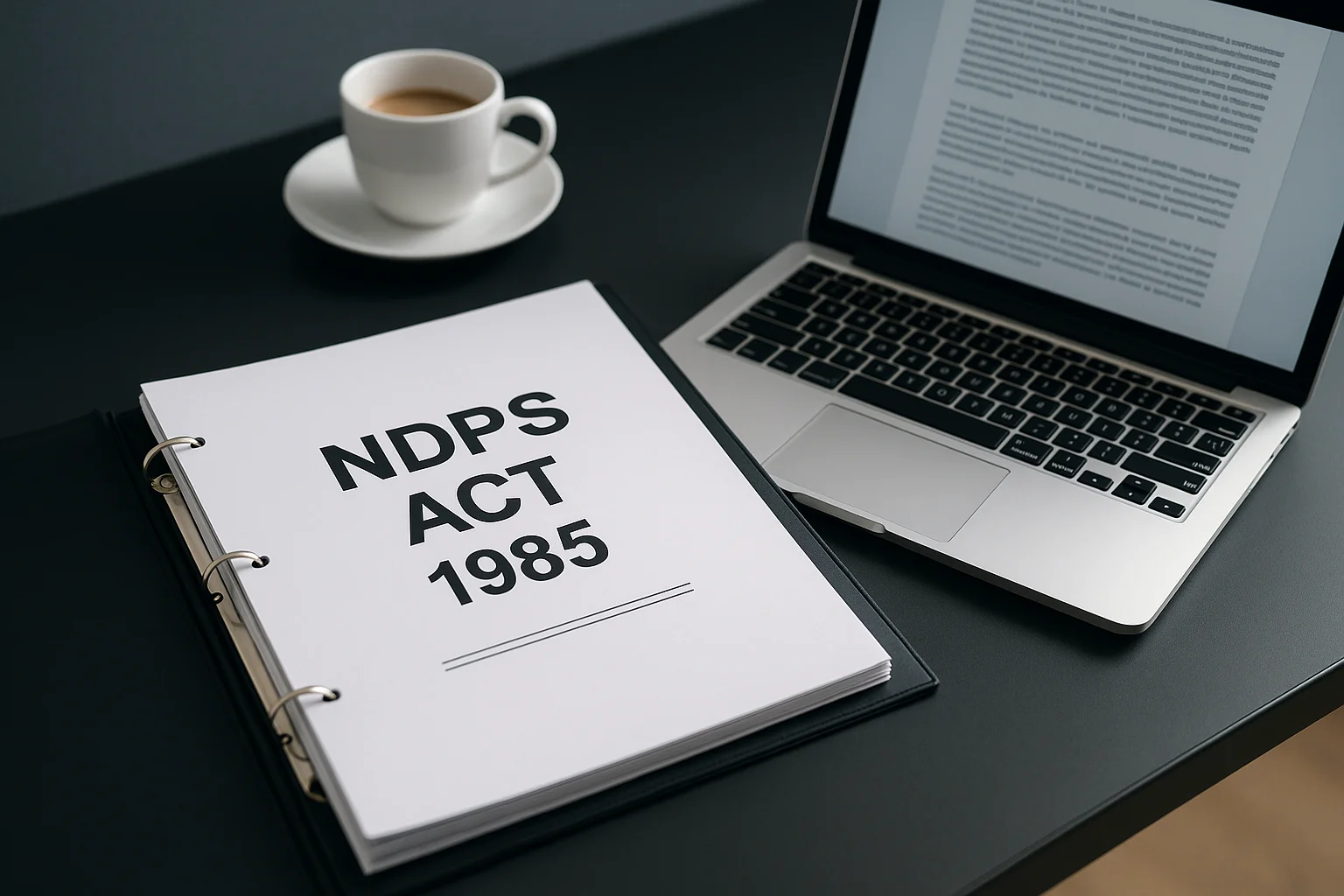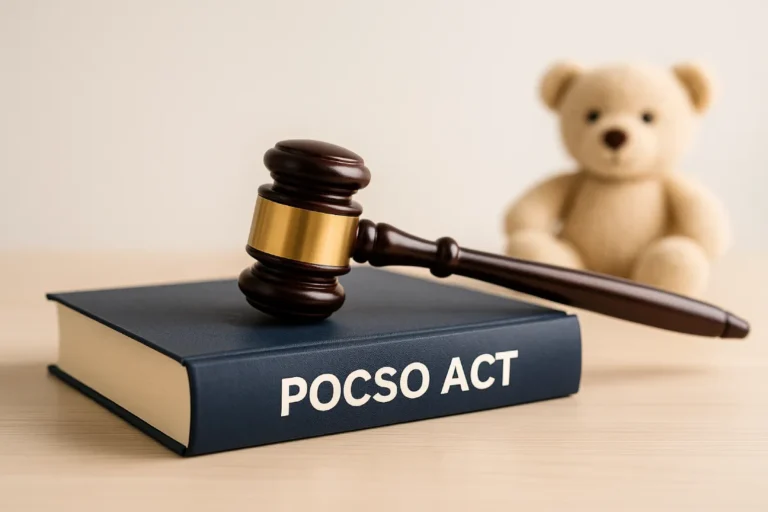What is NDPS Act? Comprehensive Guide & Compliance Tips
What is NDPS Act? It refers to the Narcotic Drugs and Psychotropic Substances Act, 1985 (NDPS Act), which creates India’s rules for controlling narcotics and psychotropic substances. By merging older statutes and enforcing international treaties, the law aims to prevent drug abuse, allow medical use, and ensure uniform enforcement nationwide. Understanding what is NDPS Act is helps regulators and stakeholders follow clear guidelines.
What is NDPS Act? Historical Context and Purpose
When considering what is NDPS Act is, note that it came into effect on 16 September 1985. The NDPS Act replaced the Opium Acts of 1857 and 1878 and the Dangerous Drugs Act of 1930. It aligns domestic law with the Single Convention on Narcotic Drugs (1961) and the Convention on Psychotropic Substances (1971). This framework gives the Central and State Governments authority to licence, monitor, and regulate controlled substances.
Key Prohibitions and Definitions

Clarity on what is NDPS Act is ensures people know that cultivation, manufacture, sale, transport, possession, and use of narcotic drugs or psychotropic substances are banned unless a valid licence or permit is issued for approved medical or scientific use. Important LSI terms in this section include:
- Narcotic drug: Opium, poppy straw, cannabis, coca, and their derivatives.
- Psychotropic substance: Chemicals like LSD, amphetamines, and synthetic compounds are listed in the Act’s schedule.
- Commercial quantity: Thresholds set by the Central Government trigger tougher penalties.
Graded Offences and Penalties
Knowing what is NDPS Act is guides the understanding of penalties by quantity:
- Small quantity: Up to 1 year rigorous imprisonment or a fine up to ₹10,000, or both.
- Less than commercial but more than small: Up to 10 years’ rigorous imprisonment and fines up to ₹1 lakh.
- Commercial quantity: Minimum 10 years’ imprisonment (up to 20 years) and fines from ₹1–2 lakh.
Repeat offenders face enhanced punishment. Some crimes can carry the death penalty after multiple convictions. All commercial-quantity offences are non-bailable and cognizable.
Licensing, Quotas, and Controls
To comply with what is NDPS Act, the Central and State Governments may frame rules to licence activities such as:
- Cultivation: Poppy crops are only on the government account.
- Manufacture: Essential narcotic drugs for medical supply.
- Import/Export: Inter-state and international trade in controlled substances.
Annual cultivation and production quotas, plus storage and record-keeping rules, help prevent diversion into illegal channels.
Special Courts and Distinct Procedures
Special Courts for NDPS cases reflect what is NDPS Act’s focus is on speed and expertise. Sessions Judges preside over cases punishable by more than three years. Key features:

- Extended investigations: Up to 180 days for commercial-quantity offences.
- Bail restrictions: Courts grant bail only after hearing the Public Prosecutor and ensuring no flight risk.
These courts wield the same powers as regular criminal courts but streamline NDPS trials.
Asset Forfeiture and Financial Sanctions
Understanding what is NDPS Act includes includes asset controls to hit illicit profits:

- Freezing orders: Authorities freeze suspected illicit assets.
- Show-cause notices: Owners explain lawful sources.
- Forfeiture orders: Illicit assets pass to the government.
Affected parties can appeal forfeiture decisions to the Appellate Tribunal within 45 days.
Practical Compliance Guidelines
Businesses answering what is NDPS Act is must:
- Keep licences current and complete renewals well ahead of expiry dates.
- Maintain detailed records of procurement, storage, and distribution.
- Train staff on NDPS definitions (e.g., small vs. commercial quantity).
- Perform regular audits to spot compliance gaps.
- Consult legal counsel for new or synthetic substances.
Individuals asking what is NDPS Act is should avoid handling any controlled substances without proper authorization and seek legal advice promptly if under investigation.
Conclusion
Knowing what is NDPS Act is equips professionals to balance strict drug control with medical needs. Its clear licensing framework, Special Courts, and asset‐forfeiture rules form a strong legal structure. For tailored support on NDPS licences, criminal defence, or asset recovery, contact Criminal Lawyers in Bangalore at Prashastha Legal’s







